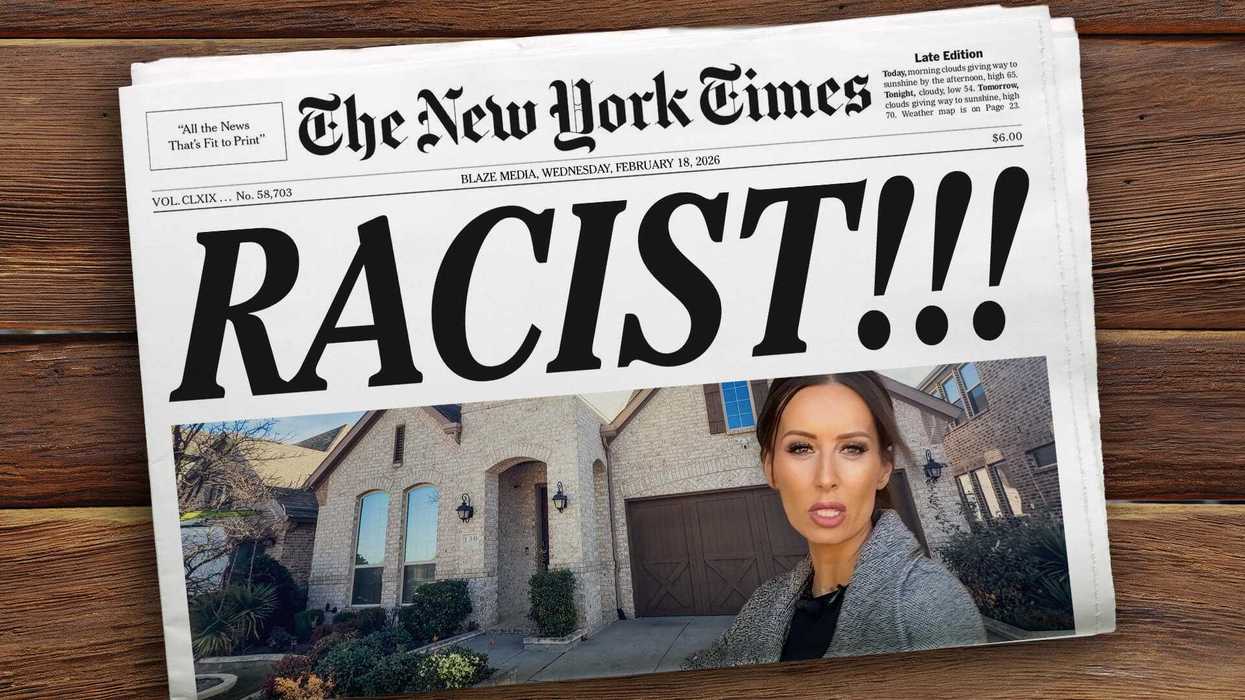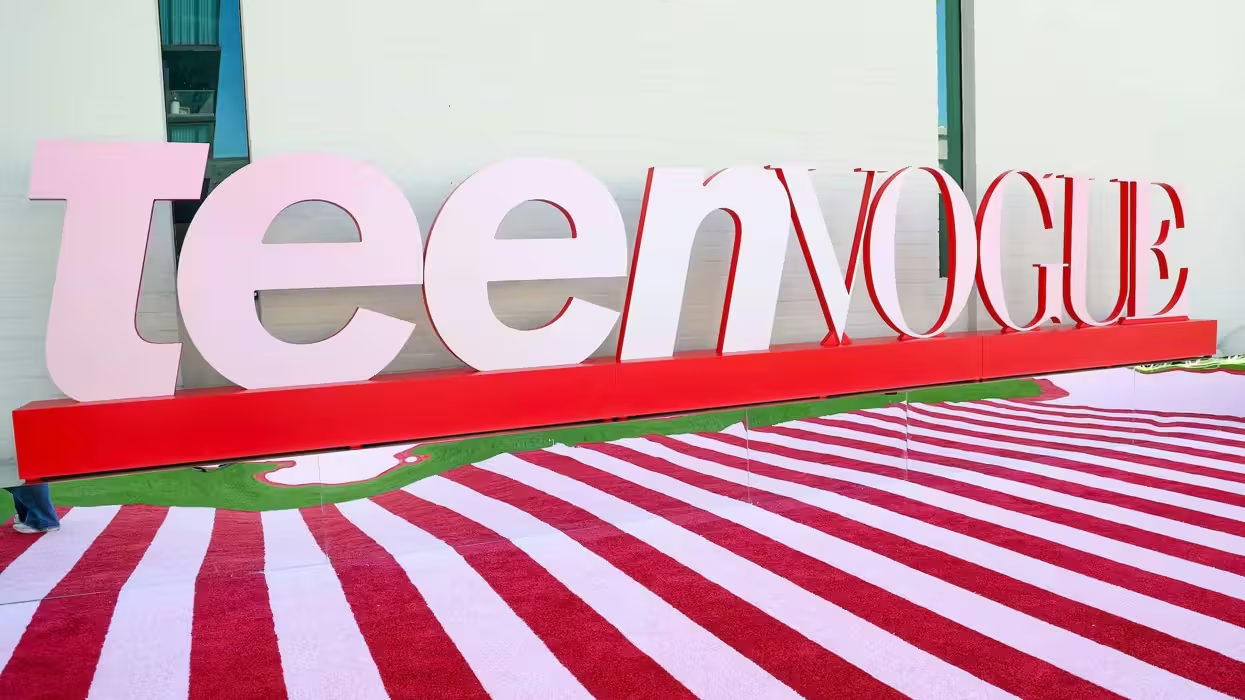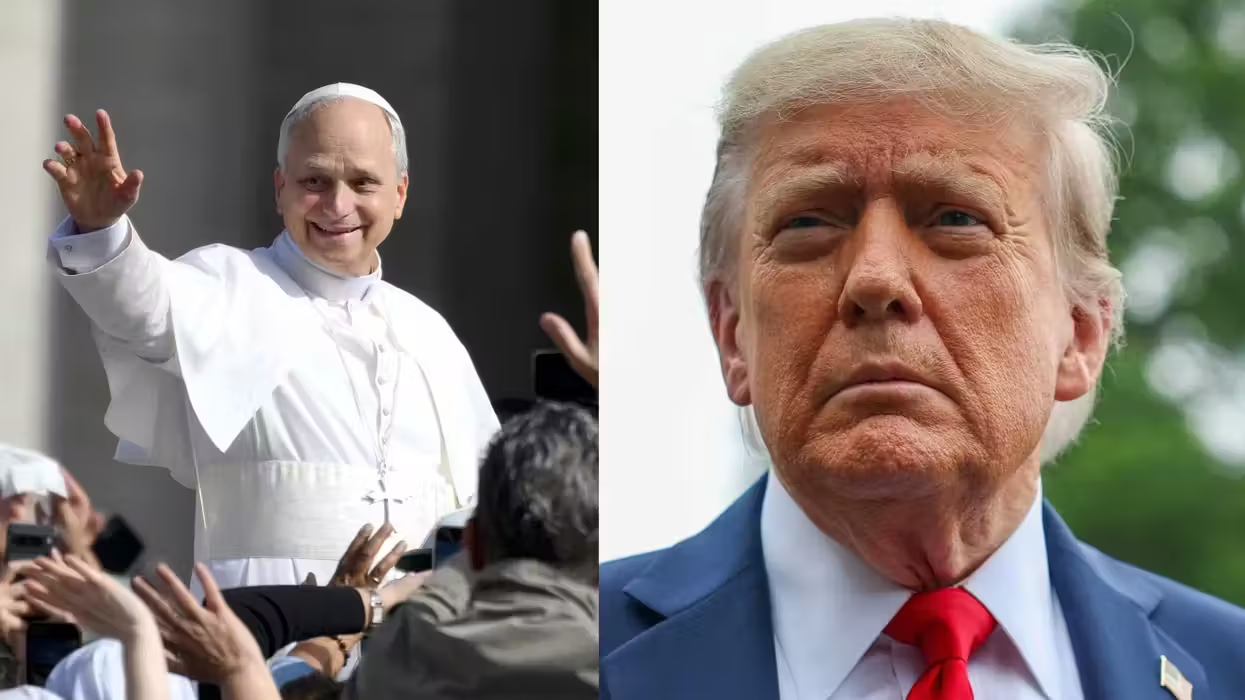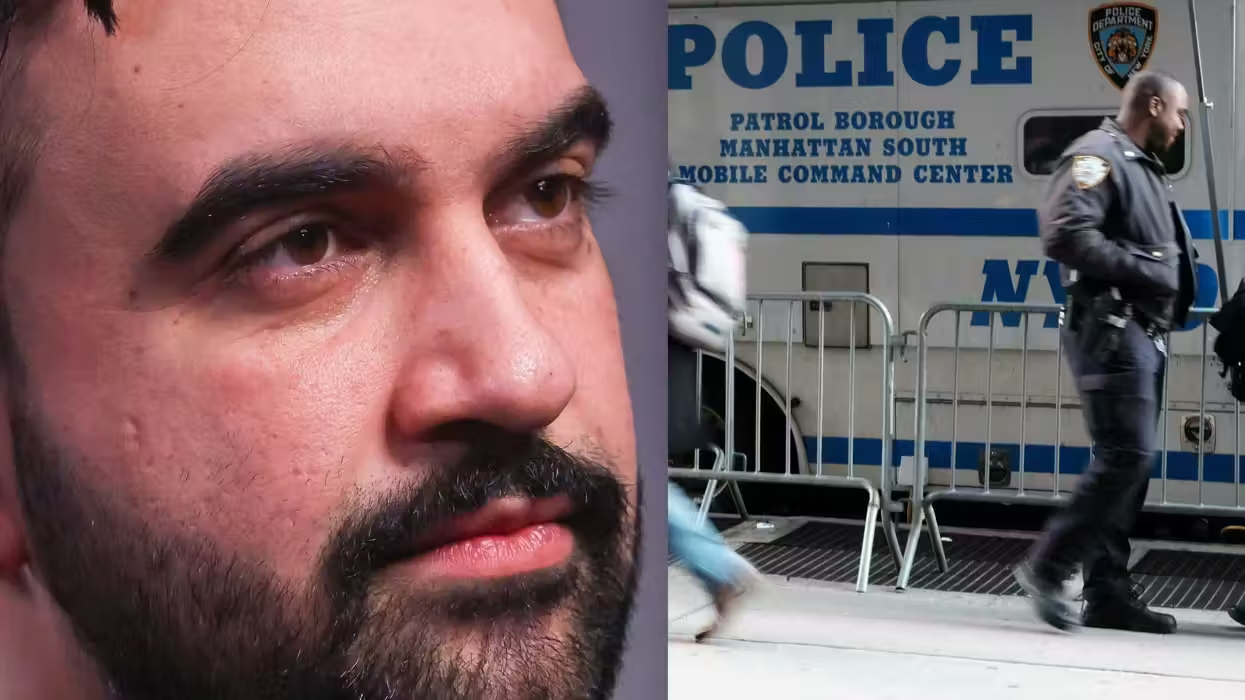
© 2026 Blaze Media LLC. All rights reserved.
30 invaluable insights on business and life from one of the world's most successful entrepreneurs...each in 140 characters or less
September 23, 2014
"Brilliant thinking is rare, but courage is in even shorter supply than genius."
Peter Thiel, a titan of Silicon Valley as both an entrepreneur (he co-founded PayPal and Palantir) and venture capitalist (he was the first outside investor in Facebook and early investor in companies including LinkedIn and SpaceX), recently asserted that Twitter is, "a horribly mismanaged company -- probably a lot of pot-smoking going on there."
As such, we thought it only appropriate to compile some of the best nuggets of wisdom on business and life from his thought-provoking new book, "Zero to One: Notes on Startups, or How to Build the Future," via tweets.
 An artist rendering of the PayPal team from "Zero to One." Peter Thiel is pictured at right in the front.
An artist rendering of the PayPal team from "Zero to One." Peter Thiel is pictured at right in the front.
1. Thiel believes the U.S. economy -- and all of our institutions broadly -- have proved largely stagnant, achieving only incremental gains rather than revolutionary progress. He attributes this in large part to a lack of fearless dreamers.
2. Human history has not been a story of an inexorable march forward in advancement. It has consisted largely of concentrated periods of exponential intellectual and materials gains -- think the Enlightenment or the Industrial Revolution -- sandwiched around centuries of stagnation or decline -- think the Dark Ages.
3. Question with boldness.
4. Whether or not there is wisdom in crowds, most important is to avoid the "noise" and have faith in one's own wisdom and intuition.
5. Big businesses can generate small profits and small businesses can generate big profits. Profit margin is proportional to the value we provide for others.
6. Creating and capturing value is the same whether in a business or in your own life.
7. Economic history is an exercise in one great industry replacing another.
8. Thiel argues that monopolies in their dominance are able to make longer-term investments to reap results far in the future, the substantial benefits of which will accrue to the companies and society as a whole in ways that smaller companies in more competitive industries simply cannot afford to replicate.
9. The greatest businesses are highly differentiated, and satisfy all seven of the questions that Thiel believes each business must answer to thrive (see #22).
10. Thiel is highly critical of today's education system, which he believes is a bubble, arguing that its "one size fits all" nature stultifies creativity and destroys human capital. Thiel even started a fellowship to entice students to drop out of college and enroll in a program to accelerate their professional and personal development. In Thiel's own life, he was on a conventional path to professional success, having studied at Stanford as an undergraduate and then Stanford Law School. However, Thiel's plan hit a speed bump when he was passed up for a cherished clerkship with a supreme court justice. This opened the door to entrepreneurship, and Thiel never looked back.
11-12. Almost following an Eastern philosophy that it is better to avoid confrontation and instead pursue complementary opportunities, or separate ones altogether, Thiel believes that the path to truly great achievement is gained not through intense competition -- which significantly drives down profits and can ultimately bankrupt a company -- but rather exploring and dominating markets that have not yet been found and/or won. The application of this insight of course goes well beyond business.
13-16. Thiel believes that society focuses disproportionately on randomness and unknown risks, which serve as a barrier to innovation. He writes that we should "prioritize design over chance." Writing on Apple's founder Steve Jobs, Thiel notes: "[T]he most important lesson to learn from Jobs has nothing to do with aesthetics. The greatest thing Jobs designed was his business. Apple imagined and executed definite multi-year plans to create new products and distribute them effectively...Jobs saw that you can change the world through careful planning, not by listening to focus group feedback or copying others' successes. Long-term planning is often undervalued by our indefinite short-term world." Thiel calls for a cultural revolution, focusing on a definite future as opposed to the indefinite short-term, arguing in context of business: "A startup is the largest endeavor over which you can have definite mastery. You can have agency not just over your own life, but over a small and important part of the world. It begins by rejecting the unjust tyranny of Chance."
17-21. A large focus of "Zero to One" is on the idea that businesses like Airbnb or Uber look for secrets, either about nature or about people, that allow them to develop goods or services that provide value that others could not see. Thiel believes that progress necessitates exploring hidden paths; that it is through thinking about problems in radically different ways, and/or asking questions/seeking opportunities that society is not, that we make the greatest quantum leaps.
22. Thiel writes that "every great business is built around a secret that's hidden from the outside." Further:
He continues "[W]hen you share your secret, the recipient becomes a fellow conspirator."
23. Thiel argues that while technology enables us for example to collect vast amounts of data or automate certain tasks, it is only human judgment, analysis and observation that makes technology so valuable, and with it allows us to better the world. As such, computers will not replace humans; rather, "the most valuable companies in the future...[will] ask: how can computers help humans solve hard problems?"
24. For Thiel, these seven questions are pivotal to determining success in business. As with many of his observations, one can apply this to one's own career or life more broadly.
25-26. Sales -- whether in trying to move widgets or persuade people on politics -- are hugely overlooked and under-appreciated. In Thiel's experience, he has found that the "best sales is hidden." In Silicon Valley, it is the "suits," whose companies fail, while the tee-shirt wearing techies succeed.
27-28. Thiel argues that the notion that doing good for society and profiting are diametrically opposed is bogus, a false dichotomy. He writes: "Progress isn't held back by some difference between corporate greed and nonprofit goodness; instead, we're held back by the sameness of both. Just as corporations tend to copy each other, nonprofits all tend to push the same priorities. Cleantech shows the result: hundreds of undifferentiated products all in the name of one overbroad goal." What Thiel believes is needed is differentiated companies, engendered by unconventional thinking.
29. After writing about the peculiar traits of some of the revolutionary individuals who have developed the ideas, goods and services most influential in society, summarizing the main thrust of the book, Thiel writes: "[W]e need founders. If anything, we should be more tolerant of founders who seem strange or extreme; we need unusual individuals to lead companies beyond mere incrementalism." Further:
30. Ultimately, society will move in one four different directions.
*** For good measure, we had to include this one too:
Note: The link to the book in this post will give you an option to elect to donate a percentage of the proceeds from the sale to a charity of your choice. Mercury One, the charity founded by TheBlaze’s Glenn Beck, is one of the options. Donations to Mercury One go towards efforts such as disaster relief, support for education, support for Israel and support for veterans and our military. You can read more about Amazon Smile and Mercury One here.
–
Follow Ben Weingarten (@bhweingarten) and TheBlazeBooks on Twitter and Facebook.
You can find all of our Blaze Books interviews on Soundcloud and Stitcher, and subscribe to our podcast automatically via iTunes.
Want to leave a tip?
We answer to you. Help keep our content free of advertisers and big tech censorship by leaving a tip today.
Want to join the conversation?
Already a subscriber?
Ben Weingarten is a writer, commentator, and editor at large at RealClearInvestigations. He is a senior contributor at the Federalist and writes columns for Newsweek and the Epoch Times.
Ben Weingarten
Ben Weingarten is a writer, commentator, and editor at large at RealClearInvestigations. He is a senior contributor at the Federalist and writes columns for Newsweek and the Epoch Times.
more stories
Sign up for the Blaze newsletter
By signing up, you agree to our Privacy Policy and Terms of Use, and agree to receive content that may sometimes include advertisements. You may opt out at any time.
Related Content
© 2026 Blaze Media LLC. All rights reserved.
Get the stories that matter most delivered directly to your inbox.
By signing up, you agree to our Privacy Policy and Terms of Use, and agree to receive content that may sometimes include advertisements. You may opt out at any time.






